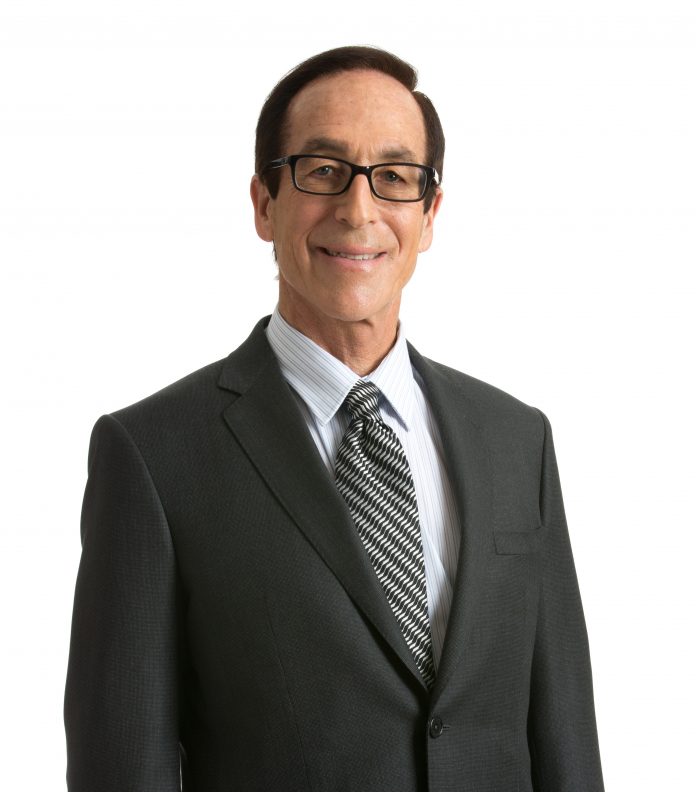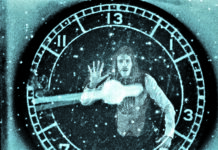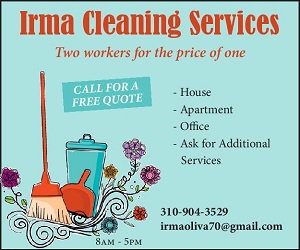By Ron Wynn
I’ve been representing home sellers for over 30 years and have dealt with the transactional side and the emotional side. As the market changes from a hot seller’s market to a sluggish buyer’s market and from a market of tight inventory and selling prices averaging at 10% above the listing price, to foreclosure times with building inventories and massive price reductions, the challenges for a real estate salesperson and advisor changes depending on needs, expectations and the realities of possibility.
One thing that seems to come up when homes are occupied and the homeowner has lived for decades in their home or in cases that children are selling the inherited family home they grew up in is, the paralyzing reality of how to liquidate the furniture, memoirs and personal treasures that have accumulated for years.
How many times have I had a homeowner say to me, “There is no way I am going to clean out my closets and my garage.” “I’ll never move.” But moving isn’t always a choice. There are times when selling a family home must be done, for example in a case of divorce, employment relocation, or at a financial crisis.
Our stuff is our comfort, our defining characteristics. It’s our ability to identify with our past, our present, our deceased loved ones, our family, our friends, our fantasies, our dreams, our goals, our ambitions, our sense of humor, our obsessions, our sarcasm, our personality, our passions and our sense of self. Our stuff grounds us, connects us, makes us whole, and provides a solid foundation to grasp onto for many people. For other people, our stuff is disposable. It is simply the necessary items for living a comfortable and satisfying life with no attachment to such material things emotionally. But truthfully this latter group is by far, the minority group.
Speaking for the prior, our stuff, even though it is treasured, carries very little value to other people which comes often as a great surprise and disappointment at the point of calling for an appraisal or estate evaluation. The real problem is, our stuff paralyzes us to move on. It can be a rope around our neck. It can cause depression, anxiety and a reason to become lost in a desire to become organized that never happens. Speaking with several psychiatrists, I recently learned that one does not need to be a fully acknowledged hoarder to have hoarder tendencies. Hoarder tendencies might simply mean one has feelings of anxiety over their stuff.
When a home is stuffed with possessions it becomes difficult to have friends over, entertain, and do normal dusting and cleaning. It is not uncommon to feel overpowered, overwhelmed and out of control. It can bring on the shortness of breath or dizziness, anger, skepticism, and negative thoughts and feelings. How can these valuable treasures that we cherish cause so much trouble to us and how can we avoid being a victim to our stuff?
Although I do not have the answer, I will simply say “Awareness” is the key to not letting your stuff control your freedom and your destiny. Think about your choices in life and just how willing you are to be controlled by your stuff. Letting go is difficult for most of us, but try your best to move on knowing that you are not alone in your pain. Liberate yourself and remember its just stuff!
Ron@RonWynn.com (310) 963-9944














